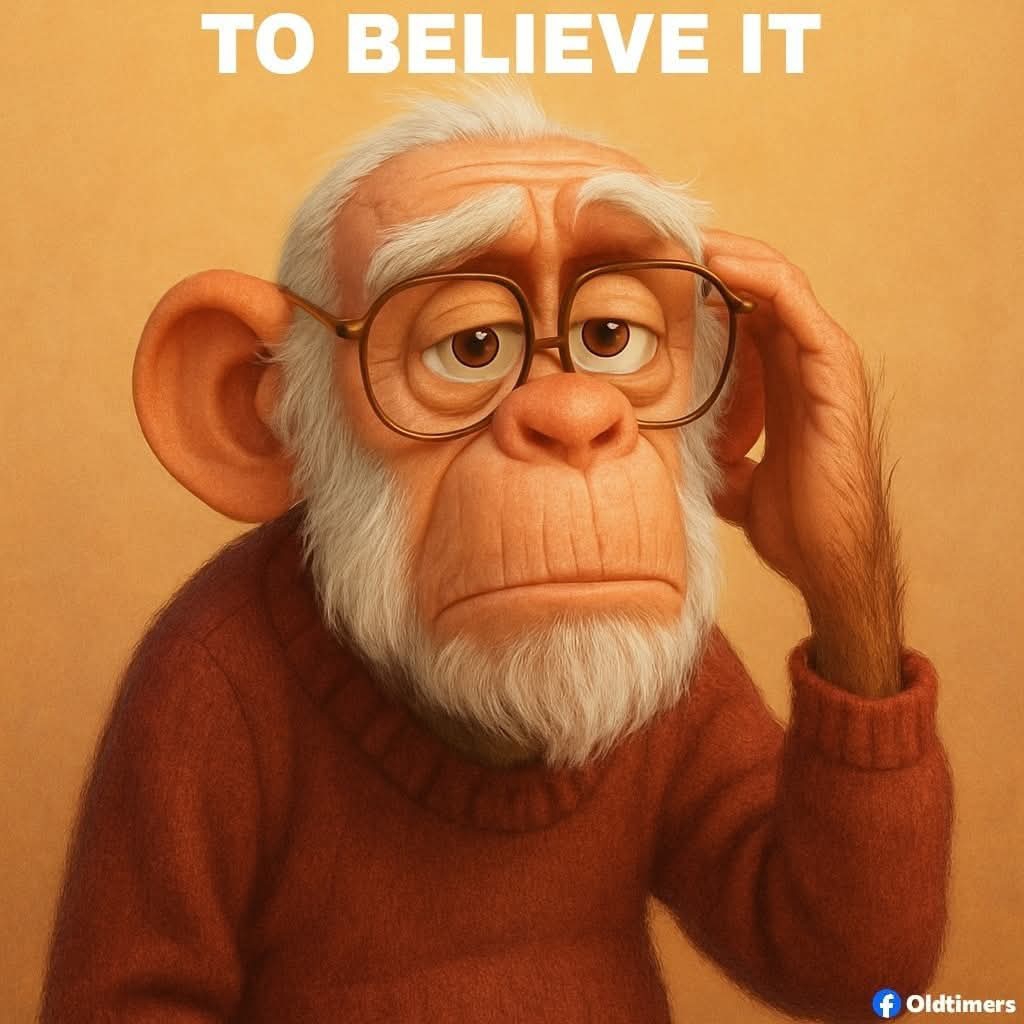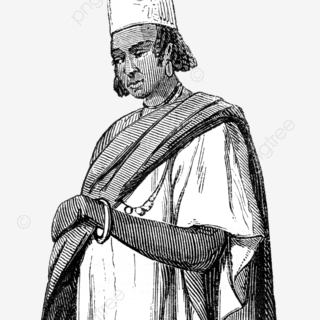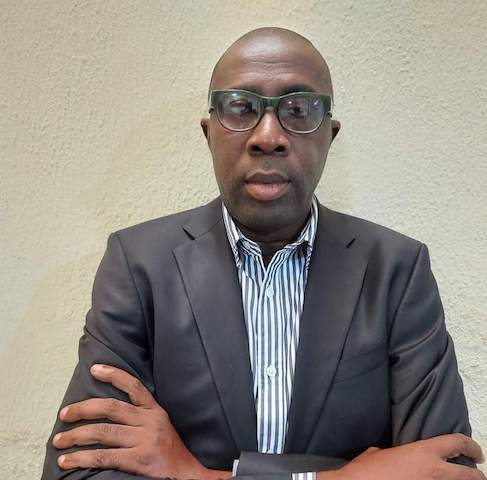By Swill Mavua.
In the grand theatre of nations, Nigeria plays a starring role in the tragicomedy of governance—specifically, the art of kakistocracy. A kakistocracy, for the uninitiated, is a system of government by the worst, the least capable, or the most unprincipled citizens. Nigeria, with its flair for the dramatic and a knack for the absurd, has arguably mastered this peculiar form of governance.
The cast of characters. Nigeria’s kakistocracy boasts a colourful cast. Imagine leaders who promise the moon but deliver a handful of dust. Politicians adept at turning phrases like “national interest” into tools for personal enrichment. Officials who treat public office like a patronage system, doling out favours to cronies while the nation staggers. It’s a dance of dysfunction, where incompetence and corruption wong together in a dizzying spectacle.
Imagine a country whose president is of utmost questionable background and identity; birth, education, source of wealth – all unknown. Must have fallen from the moon, perhaps. Were it not for kakistocracy how could such a man be president of a nation that was once adjudged to be the light of the black race and the hope of the African continent. A country in contradiction of all things good and noble; poverty in the midst of huge natural resources; the educated are ruled by semi or stack illiterates with forged certificates; and the best brains find refuge in foreign lands; the credible and men of integrity would rather stay off politics for fear of their lives.
In this satire, Nigeria’s roads are characters themselves — twisting, pothole-studded protagonists in a drama of survival. Power outages are plot twists that keep citizens on their toes (or candles). Infrastructure development, is a scene cast in tales by moonlight. The economy is a mysterious beast that growls loudly but delivers sparse rewards to the masses. Amidst it all, leaders stage photo ops with “development” backdrops, smiling as if they’ve just solved the nation’s problems.
The absurdity of grandeur. Nigeria’s kakistocracy operates with a touch of megalomania. Grandiose projects are announced with fanfare; outcomes are predictably mediocre. Politicians speak of “nation-building” while lining their pockets with the commonwealth. It’s a system where rhetoric outpaces reality, where the gap between promise and delivery is a chasm wide enough to swallow hopes.
The Citizens as reluctant actors. In this satire, Nigerians are both audience and unwilling participants. They endure, adapt, and sometimes laugh at the absurdity. In streets, markets, and homes; there’s a wacky resilience — a stubborn belief in a better Nigeria despite the kakistocracy’s best (worst?) efforts.
The twist ending. Will Nigeria’s kakistocracy write itself into a revolution? Or will satire become history as reforms usher in…well, something less kakistocratic? The plot is ongoing. In this theatre of the absurd, Nigeria’s story is both uniquely its own and eerily universal—a reminder that in the game of governance, the players sometimes resemble the caricatures they lampoon.
That is the summary of governance in today’s Nigeria. But the kakistocrats say they are practicing democracy. They celebrate democracy on June 12, yet elections don’t reflect the will of the people. If the results are challenged, the electoral umpire asks you to go to court. Oh sure! The judiciary is compromised and captured. The kakistocrats are in charge. Kakistocracy; the government of the worst people by the worst people for (only) the worst people.

















Leave a Reply